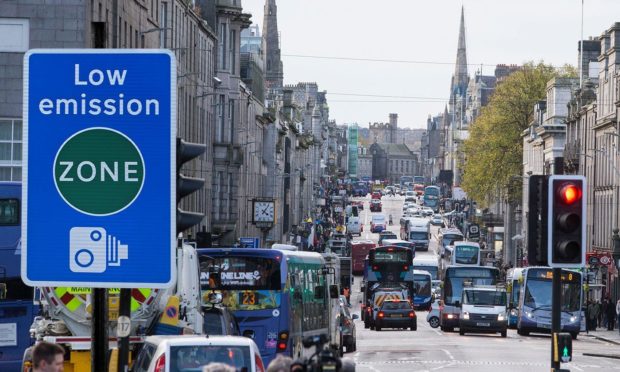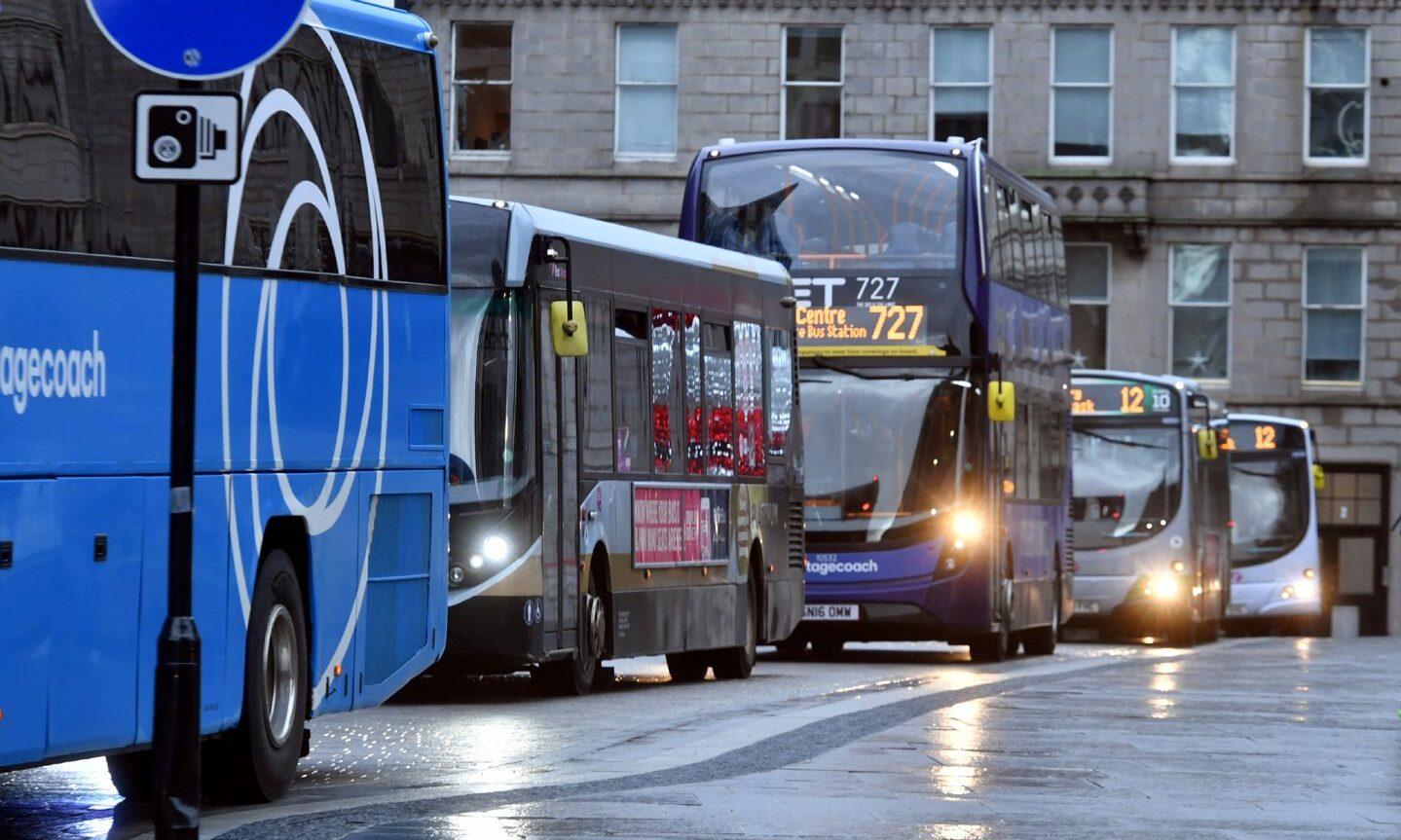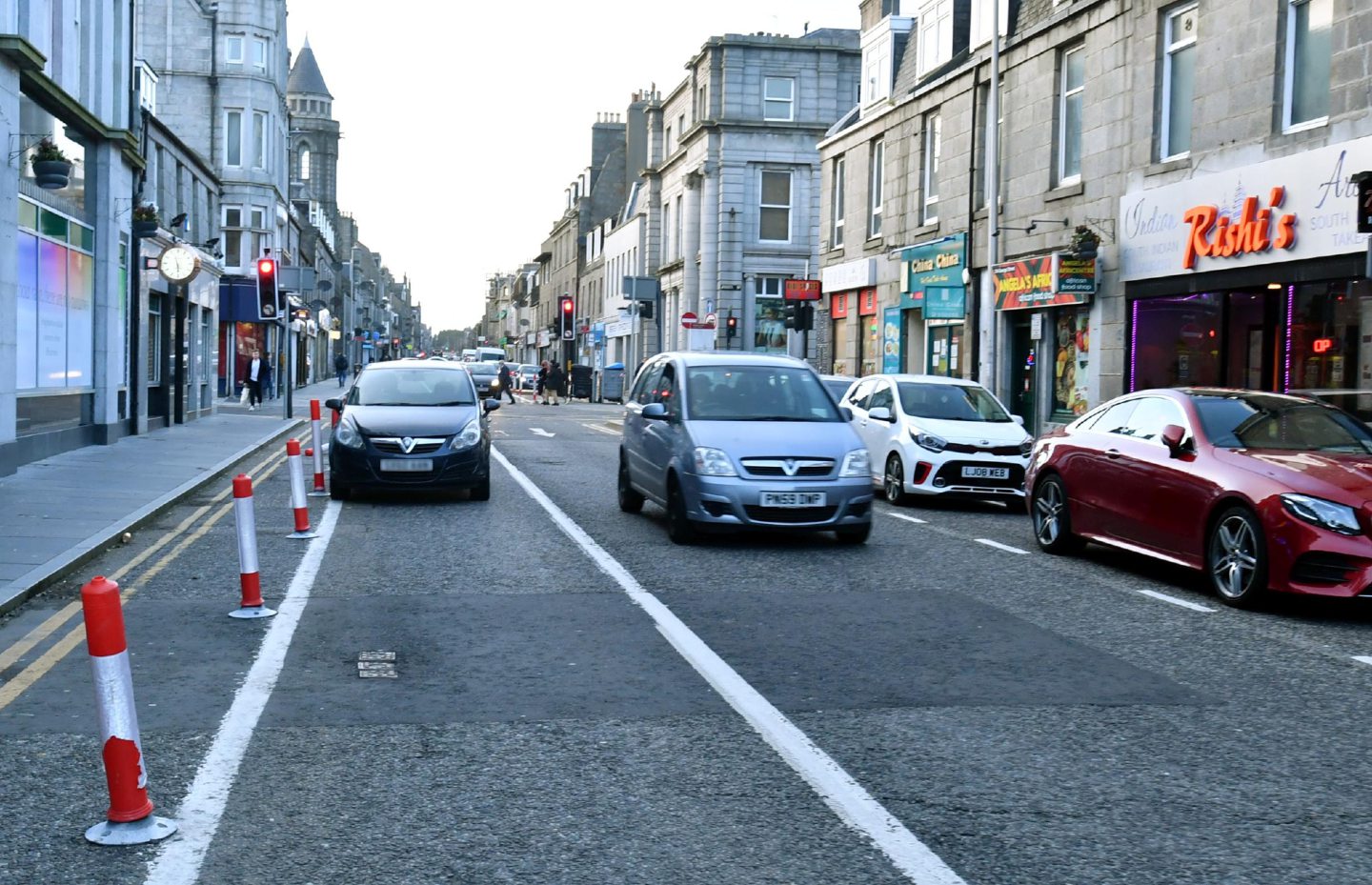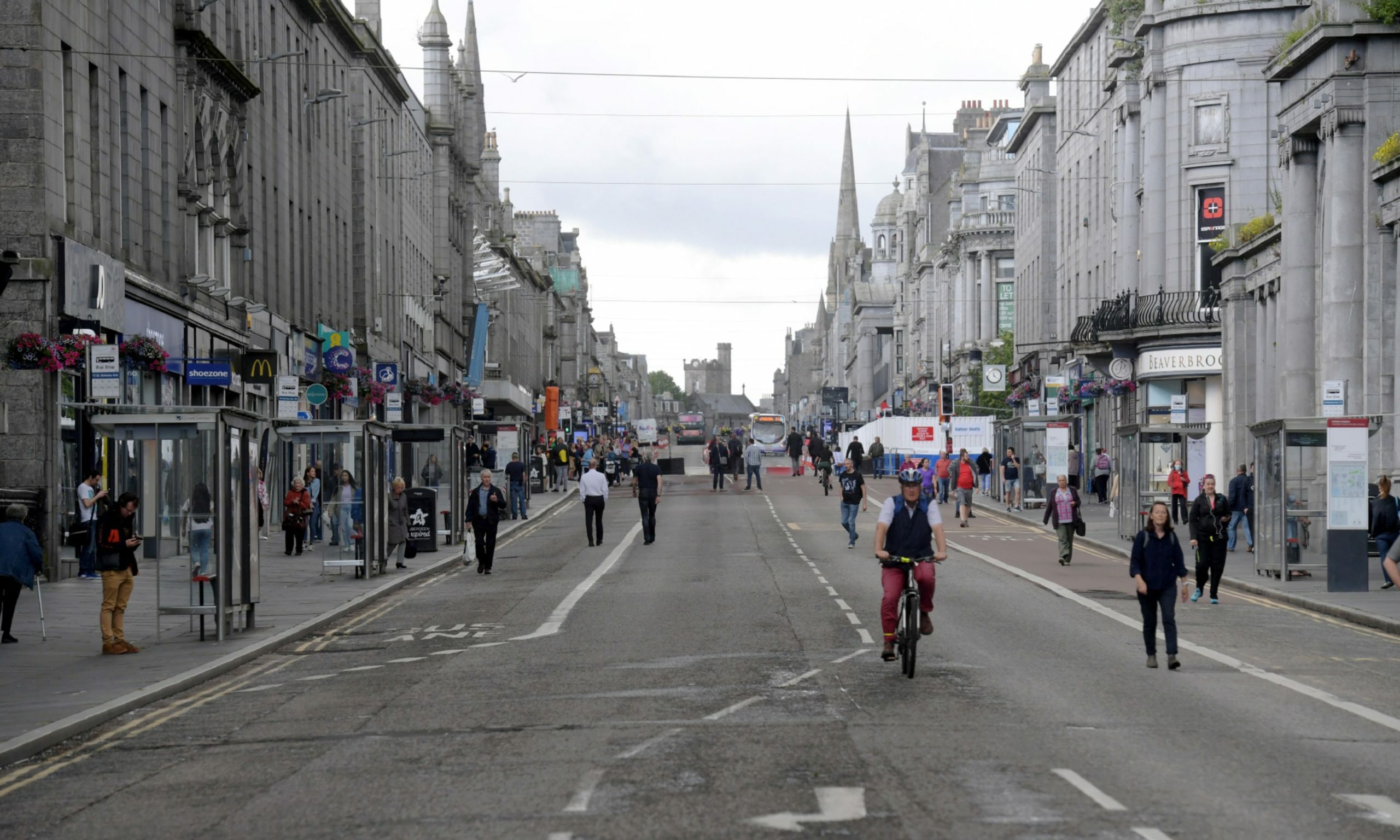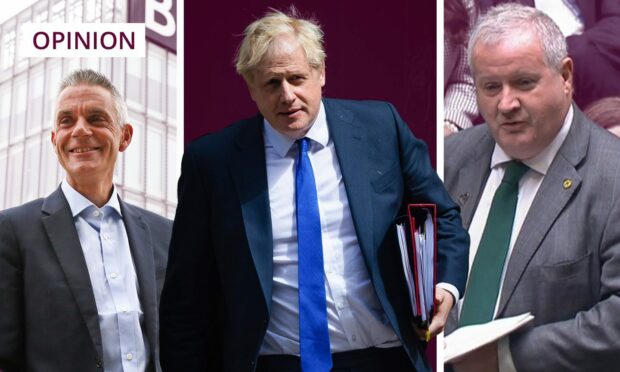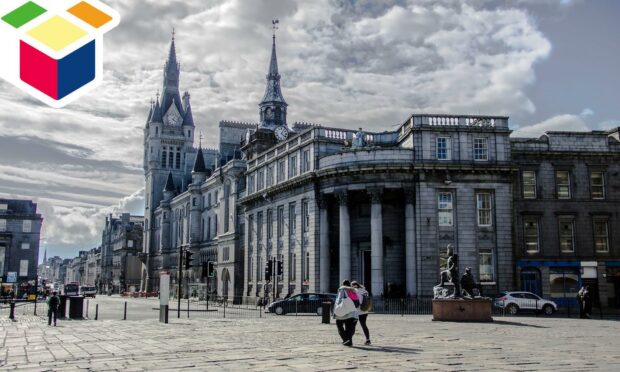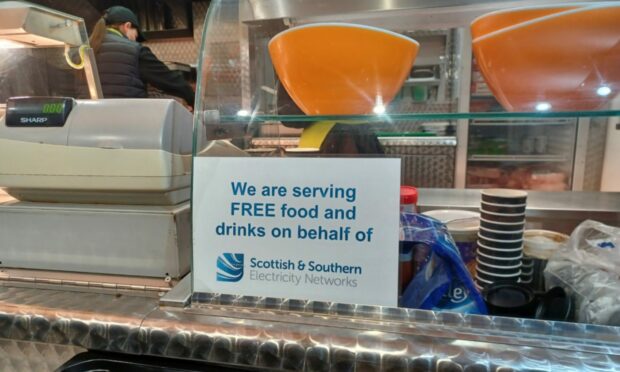Scotland’s four largest cities have bowed to the inevitable and will join the ever-growing list of places introducing Low Emission Zones (LEZ) to reduce harmful carbon dioxide (CO2) emissions in areas of high population.
Glasgow, Edinburgh, Dundee and Aberdeen will launch the zones in the next couple of months, meaning that only vehicles deemed to be the lowest-polluting will be allowed free entry into the city centres, with all others having to pay a “fine”.
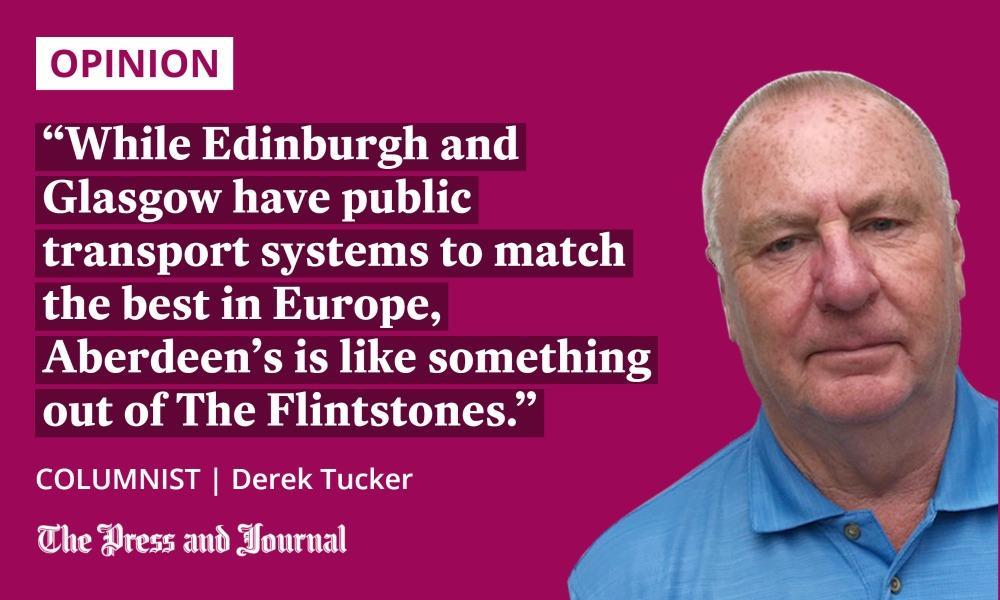
There will be a two-year grace period during which the levies will not be enforced, with charging coming into effect in mid-2024, apparently to give transgressors time to see the error of their ways and either swap their gas guzzlers for more environmentally-friendly vehicles, or walk, cycle or take public transport into town.
While it all seems fine and dandy in theory, it is yet another example of politicians in the Central Belt setting policy and then passing the buck to outlying areas to implement it.
Public transport isn’t good enough
I don’t know much about Dundee, although I seem to remember spending what seemed like a week there one afternoon. I do, however, know Aberdeen reasonably well, having lived, worked and latterly retired there for 30 years. And I can confidently predict the LEZ will be a disaster.
While Edinburgh and Glasgow have public transport systems to match the best in Europe, Aberdeen’s is like something out of The Flintstones. Those fortunate enough to live on a bus route may well be OK, but there are an awful lot of suburbs within the city boundaries where it is just not an option.
In my particular case, my nearest bus stop is more than a mile away and, to get to it, I would have to walk along an unlit, unpaved racetrack of a country road and cross a busy dual carriageway before savouring the delights of Stagecoach’s finest. That’s not going to happen, believe me.
Why don’t you cycle? I hear you say. Don’t be stupid, I reply. The thought of pedalling six miles into the city centre, only to have my bike stolen when I get there, as seems to happen to everyone else, is not an attractive proposition.
Is my car allowed in the city centre?
I don’t even know whether I can take my car because, with typical bureaucratic incompetence, Scotland’s four main cities have not yet managed to put together a simple vehicle checker which allows people to enter their registration number into an algorithm which then informs them whether or not they are permitted to enter.
All England’s LEZ zones have a checker and I can instantly find out which city I am allowed to drive through without penalty
The best Scotland can do is tell you that, if your car is a petrol variant registered in or before 2005, or a diesel variant registered before 2015, you might not be compliant, but check with your manufacturer. Very helpful.
All England’s LEZ zones have a checker and I can instantly find out which city I am allowed to drive through without penalty. Surely it’s not unreasonable to have expected Scotland to have the same facility in place before embarking on the latest anti-motorist campaign?
What exactly is a low emission vehicle anyway?
Then there’s the question of what exactly constitutes a low emission vehicle. If the pre-2015 diesel rule applies, my own car will just fail to comply, despite its official CO2 emissions being 128 g/km and its actual emissions registering zero during its most recent MOT test.
So I, and thousands like me, would have to pay the penalty, while the driver of a six-litre Bentley churning out more than 340 g/km can cruise round the city all day, stopping only to fill up with petrol every 25 miles. Where is the sense in that? Do premium brand, luxury limousines spew out better quality poisonous fumes than more humble motors?
I have spoken to several friends in the motor trade and none has been able to give me an explanation for this seemingly glaring discrepancy. Perhaps one of the architects of this scheme could explain.
More bad news for Aberdeen’s high street
Quite what effect this scheme is going to have on Aberdeen’s retail sector is anyone’s guess, but I’m pretty certain it is not going to breathe new life into the depressing, rundown city centre.
Sky-high business rates, the shift to online purchasing and the effects of Covid have all taken their toll in recent years, and the once bustling Union Street is now dominated by bars, bookies and charity shops. Adding the LEZ scheme to the list of hurdles for traders to overcome is just plain lunacy.
The whole LEZ policy has been ill-conceived, ill-planned and ill-communicated. If I were of a suspicious nature, I might speculate that its implementation at this time is not unconnected with the need for the government to keep its Green Party bed partners happy. Perish the thought.
Derek Tucker is a former editor of The Press and Journal
